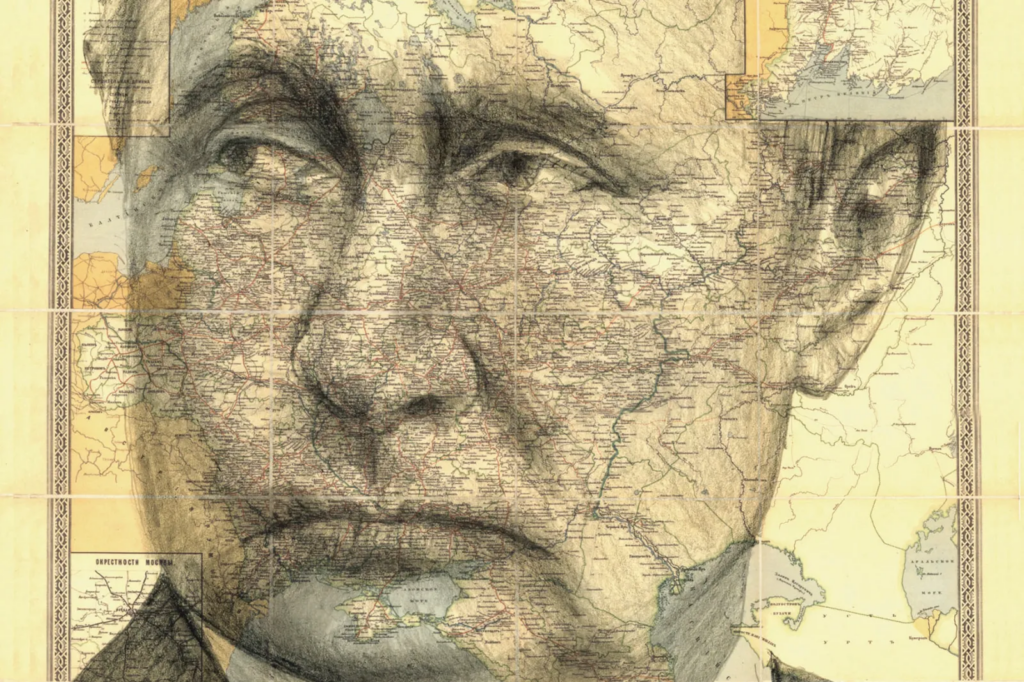The End of the Russian Idea

What It Will Take to Break Putinism’s Grip
On June 17, 2023, Russian President Vladimir Putin staged a special ceremony on the St. Petersburg waterfront to mark the anniversary of three flags: the flag of the Russian Federation, otherwise known as Peter the Great’s tricolor, formally unfurled in 1693; the imperial Russian flag, introduced by Tsar Alexander II in 1858; and the Red Banner, the Soviet Union’s hammer and sickle, adopted by the Soviet state 100 years ago and later used by Joseph Stalin. Putin watched the event from a boat as the National Philharmonic and the St. Petersburg State Choir performed the national anthem, which, thanks to a law Putin enacted in 2000, has the same melody as its Stalin-era counterpart. The portentous rite unfolded in front of the Lakhta Center tower, the country’s tallest building, as well as the $1.7 billion headquarters of Gazprom, the state-run gas company that has become another crucial symbol of Putin’s Russia.









